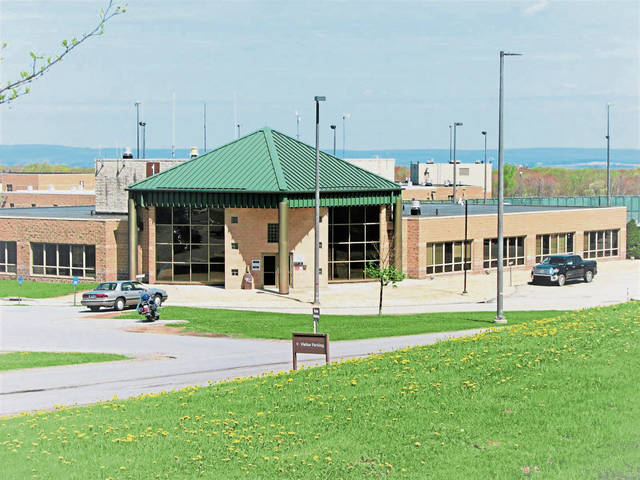As soon as Tuesday, Pennsylvania will begin releasing inmates from state prisons.
They will send them back to their communities on home confinement or to community facilities — as many as 1,800 people deemed non- violent and who would have been released within the next nine months anyway, or who are among those most at risk to coronavirus and within a year of release.
Compassionate release of prisoners near the end of their terms and with health problems is nothing new. It has often been a factor in petitions to the court or parole board. An amendment reforming the practice due to a 1,400% increase in inmates over 55 has been sitting in the state House of Representatives judiciary committee for more than a year.
This release is a little different. It’s a proactive move the state is taking to reduce disease spread amid the pandemic.
“Without this temporary program, we are risking the health, and potentially lives, of employees and inmates,” Secretary of Corrections John Wetzel said. “We can safely release individuals to the community to reduce their vulnerability and allow the department to successfully manage covid-19.”
The state is not the first to do it. Counties have taken similar steps, like Allegheny did March 31.
It comes from a good place — an effort to protect lives and health. But it seems counterproductive to the rest of the state’s coronavirus crackdown.
For weeks, the message has been to stay in, to stay home, to isolate. But inmates are more isolated from the more mobile population that can spread the disease, so keeping them in state facilities might be safer and kinder.
Yes, there have been cases of the virus that have been identified within state prisons, including 11 at SCI-Phoenix in Montgomery County.
But an inmate that has been released, even on home confinement, has things he has to do with the outside world. Like find a job. That might not be easy when another 6.6 million Americans filed new unemployment claims last week.
Even the simplest tasks, like buying food, aren’t easy right now for people who have jobs, homes and credit cards. For someone without those, the situation could be even more stressful.
Federal research shows that factors like money, employment and housing can be key to a released inmate becoming reincarcerated — meaning they are more likely to commit new crimes and that’s not good for anyone.
Perhaps the strangest aspect of this is the idea that it isn’t permanent. The release is only for the duration of Gov. Tom Wolf’s disaster declaration, after which the inmates would return to prison to complete their sentences.
That sounds like an invitation to bring viruses back into the prisons — assuming the inmates really do return.
Even if everything goes exactly to the state’s plan, much of this sounds so badly worked out, it’s criminal.








